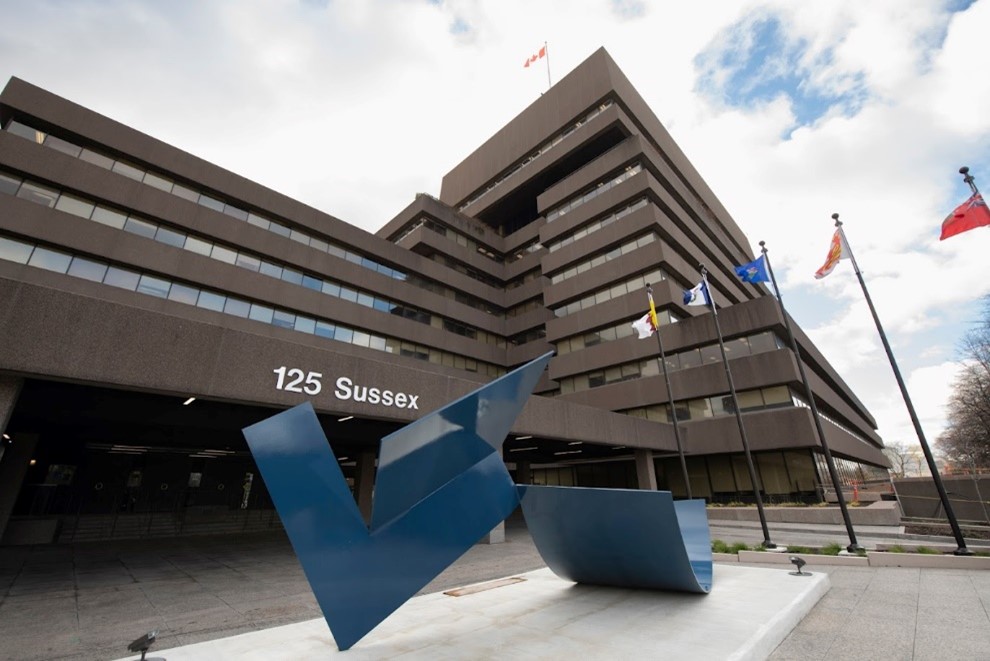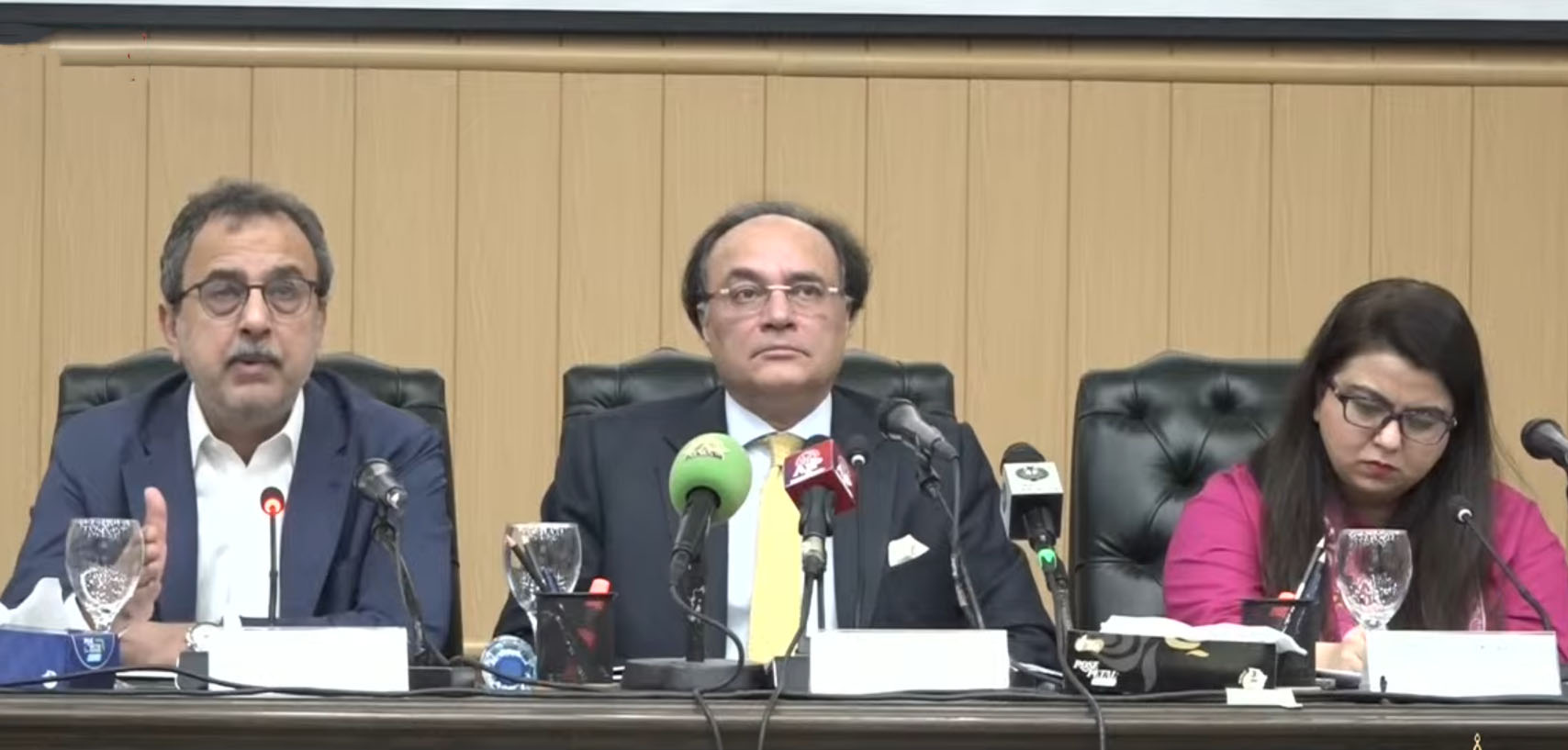
Pakistan’s Finance Minister Muhammad Aurangzeb and his economic team during a press conference on November 3, 2025. (PTV News)
ISLAMABAD: Pakistan’s Finance Minister Muhammad Aurangzeb and his economic team outlined a comprehensive set of structural reforms during a press conference on Thursday, aiming to pave the way for sustainable economic growth.
The reforms are designed to address long-standing economic challenges and take advantage of both domestic and international opportunities.
The government stated it aimed transform the country’s economic landscape, with a special focus on improving the taxation system and addressing fiscal and energy sector inefficiencies.
Structural reforms
The goal of the government's reform agenda is clear: to ensure Pakistan's long-term economic stability and avoid the cyclical boom-and-bust scenarios that have plagued the economy in the past.
Key to this vision is a series of structural reforms that will address fundamental issues in taxation, energy, state-owned enterprises (SOEs), and government rightsizing.
The Finance Minister said that these reforms are already underway and will be institutionalized as part of a “whole-of-government” approach. He stated that this was not just about planning or discussing what needs to be done, but rather ensuring these reforms were actively implemented and embedded in Pakistan’s institutional framework.
Leveraging geopolitical opportunities
The government is also positioning Pakistan to capitalize on its favorable geopolitical environment. With strong relationships with global economic powers such as China, the United States, and GCC countries, the Finance Minister said it was importance to leverage trade and investment flows to support the nation’s growth.
Diplomatic and economic engagements, particularly in Washington and Riyadh, are seen as essential to securing funding and long-term partnerships that will benefit Pakistan’s economy.
Taxation reform
One of the key highlights of the press conference was the government's ambitious plan for taxation reform.
FBR Chairman Rashid Mahmood Langrial provided an update on the tax-to-GDP ratio, which saw a 1.49% increase in just one year. The improvement comes on the back of measures introduced in the June 2024 budget and is expected to form the foundation of future fiscal policies.
However, the government acknowledged that substantial progress is still needed to reach its long-term target of an 18% tax-to-GDP ratio over the next 3-4 years. This target includes contributions from both federal and provincial governments. The federal government is expected to contribute 15%, including FBR’s target of around 13.85%, while the provincial governments are tasked with contributing 3%.
“The reform of Pakistan’s tax system is a long-term commitment. While significant progress has been made, the ultimate goal is to expand and deepen the tax base by broadening the number of tax filers and ensuring the top earners contribute a fair share.”
The FBR chairman also revealed that the number of tax filers significantly increased this year compared to last year. However, the government remains committed to addressing key criticisms that the tax system is deepening but not broadening.
The focus will be on increasing the number of tax filers and ensuring that a broader portion of the population participates in the tax system.
Road ahead for FBR
The FBR acknowledged challenges in meeting revenue targets, particularly in the months of July to September 2025, where a shortfall of around Rs275 billion was recorded. While the chairman admitted the setback, he reassured that some of the shortfall would be recovered in subsequent months.
“Reforms within the FBR will be bottom-up, focusing on data-driven strategies and improved compliance. We are rethinking how taxes can be broadened and deepened, and we will ensure that the top 1% of earners pay their fair share,” he said.
Energy sector reforms
The government announced energy sector reforms, including a Rs1,200 billion debt agreement to cut circular debt by Rs700 billion within a year.
Power tariffs has been reduced, with industrial users seeing a Rs16 per unit cut. The EV tax also dropped from 71% to 39% to encourage new sectors while maintaining fair taxation.
The Competitive Trading Bilateral Contract Market (CTBCM) is set to launch by early 2026 to improve electricity trading and reduce reliance on government power purchases.
Energy Minister Awais Leghari said these steps aim to lower costs, improve service, and make the sector more sustainable.
Privatization and SOE reforms
The government is also focusing on the privatization and restructuring of state-owned enterprises (SOEs). Privatization Advisor discussed the ongoing sales of banks and the planned privatization of PIA and DISCOs.
Meanwhile, Prime Minister’s Coordinator for Rightsizing announced that 20 ministries have been restructured, 54,000 vacant positions abolished, and loss-making entities like PASSCO shut down to ease the fiscal burden.
The broader vision
The government’s reform agenda includes addressing taxation, energy, debt management, SOE restructuring, rightsizing of government institutions, pension reforms, and digital transformation.
The reforms are aimed at ensuring sustainable economic growth and addressing the challenges of macroeconomic instability.
“The goal is to create a system where all sectors of the economy are working together towards a single vision of sustainable growth. This isn’t about isolated changes — it’s about making structural adjustments that will last for decades,” the finance minister said.
Latest News
Pakistan says Afghanistan jet crash claim 'totally untrue'
2 HOURS AGO
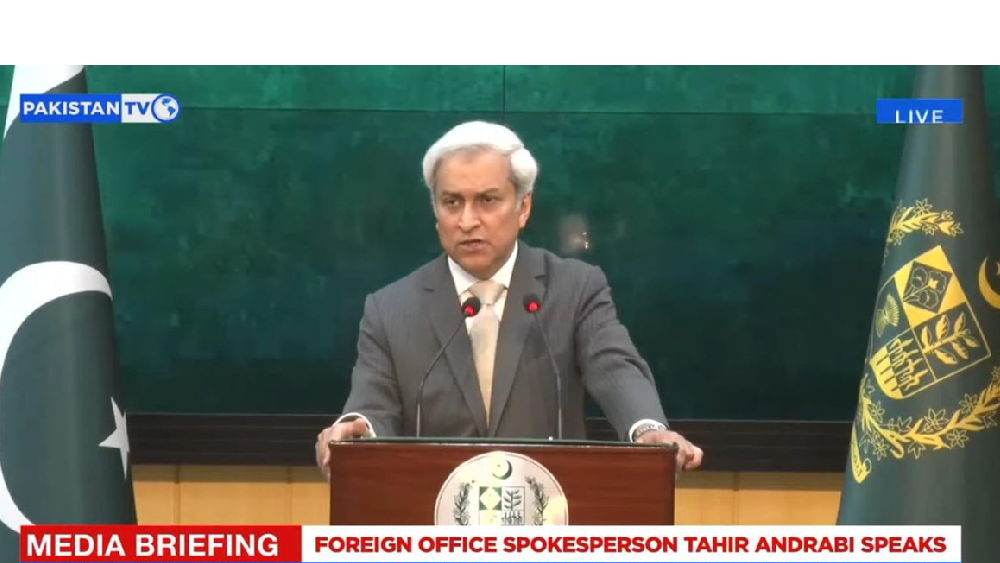
Pakistan advises nationals to avoid non-essential travel to Iran
3 HOURS AGO
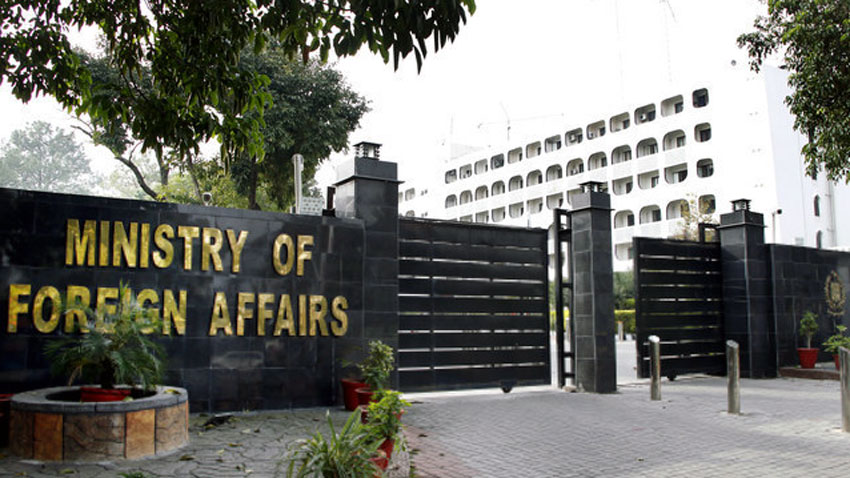
United States and Israel launch attacks against Iran
3 HOURS AGO

OIC to campaign for Bangladesh's UNGA bid: FM Rahman
4 HOURS AGO
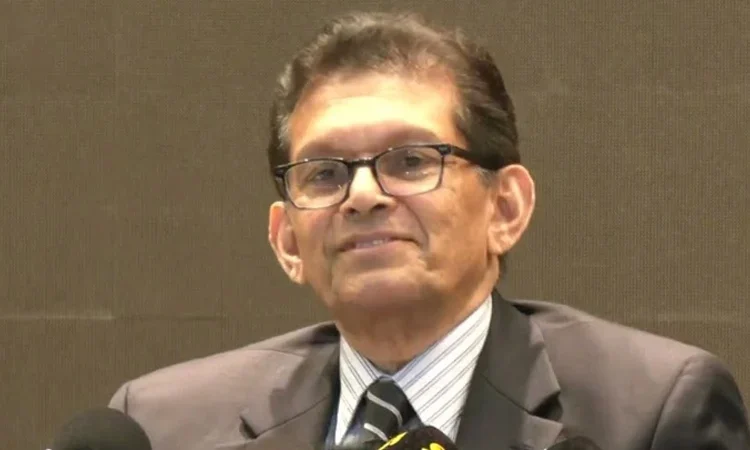
Canada says relocating some diplomatic staff from Tel Aviv
5 HOURS AGO
